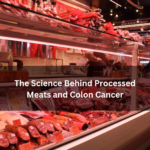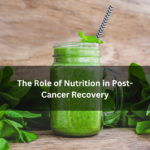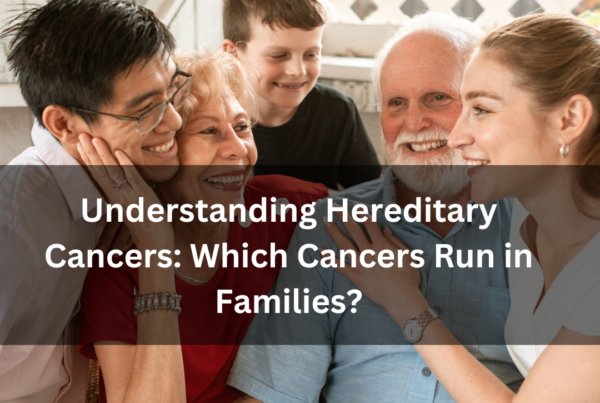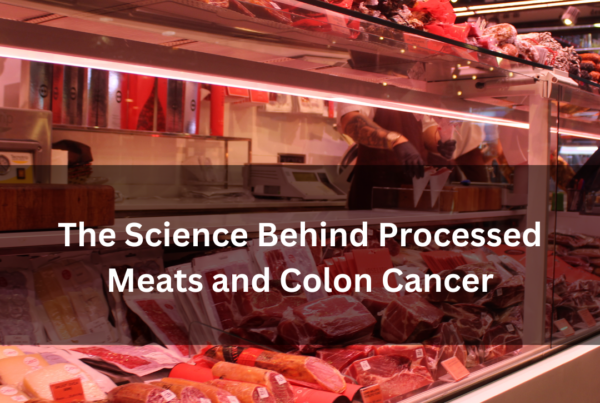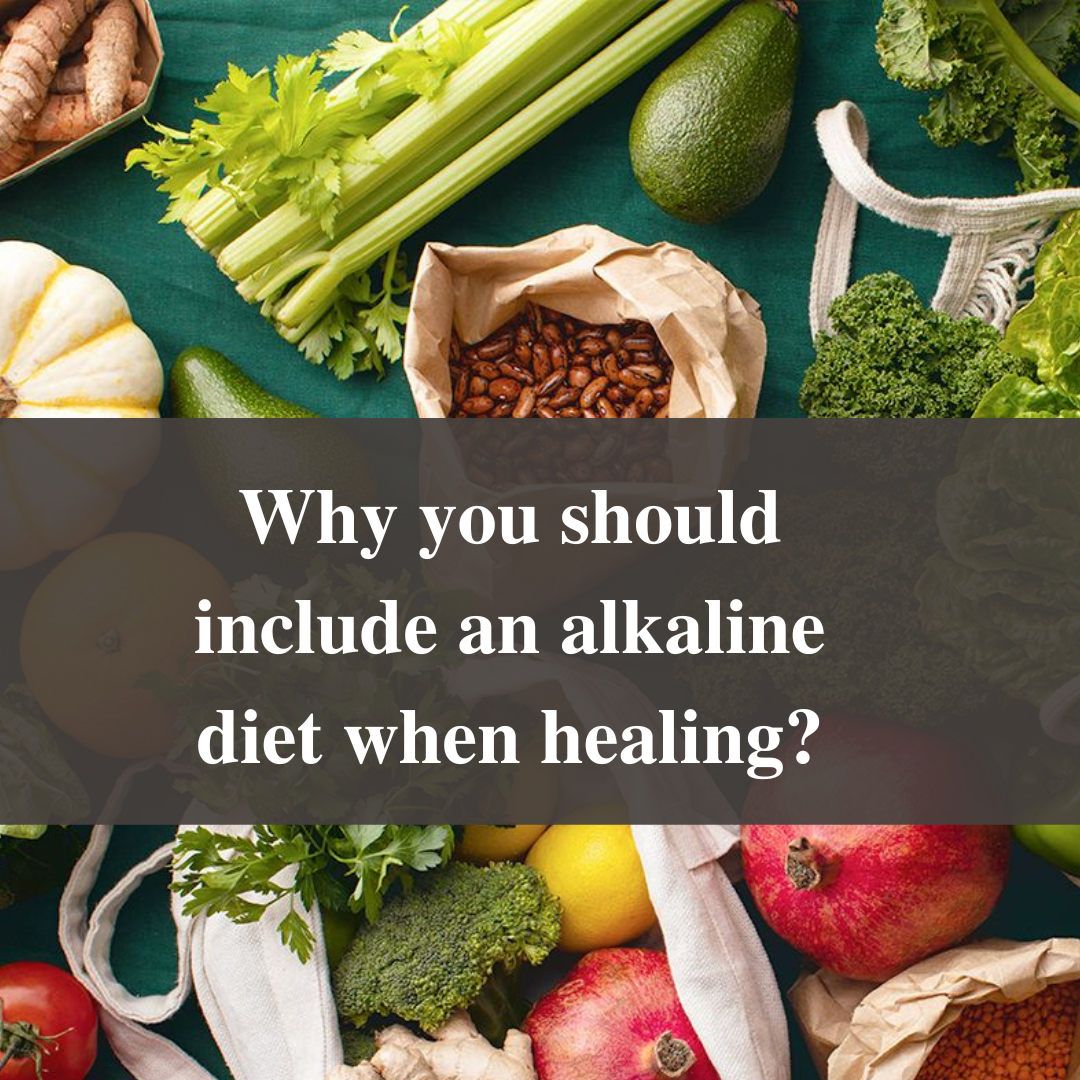
Cancer is one of many diseases that may be traced back to problems with the digestive and immune systems. We prefer to conceive of our bodies’ digestive systems as a kind of filtration mechanism for nutrition with alternative therapies.
This “filter” is intended to remove micronutrients from the foods we consume. Still, it becomes clogged when the filter isn’t operating effectively because of chemicals, preservatives, and other artificial elements present in our diet. Cancer treatment places a high priority on nutrition apart from alternative therapies, and an alkaline diet is essential to recovery.
Defining alkaline is an excellent place to start. Cancerous and healthy cells are equally affected by the delicate acid-alkaline balance our systems continually strive to maintain. The pH scale, which runs from 0 to 14, determines alkalinity and acidity. Remember that a pH lower than seven is acidic, a higher one is alkaline, and a pH of 7 is considered neutral. The ingestion of foods and beverages that elevate the body’s pH level to a more alkaline state is the cornerstone of an alkaline diet.
Are there any health benefits to an alkaline diet?
Some foods are thought to cause your body to create acid, which is terrible for you, and the alkaline diet is designed to counteract this effect. In theory, you may be able to alter your body’s acidity levels, referred to as pH levels, by consuming particular foods or drinks. On a 0-14, the pH scale assesses the acidity or basicity. The primary end of the scale, or a number larger than 7, is where something is alkaline.
Some believe that adjusting your body’s pH level with alternative therapies will enhance your health and help you shed pounds. There are two types of ions produced by our kidneys when consuming dietary nutrients: ammonium and bicarbonate. Our blood must have a pH level greater than 7 to promote cellular health. Most industrialized nations’ diets are acid-forming, which is an issue. According to research, inflammation, allergies, arthritis, skin disorders, chronic illnesses, and cancer have all been linked to an increased acidic load in our systems.
The objective of an alkaline diet is to maintain a pH level in the body that is slightly alkaline. The cancer metabolism has a pH tolerance for cell growth (mitosis) that is relatively limited, ranging from 6.5 to 7.5. As a result, we can slow the spread of cancer by interfering with the formation of cancer cells. When it comes to recuperating from cancer organically and holistically, this may be pretty important.
Let us now look at an alkaline eating plan. The alkaline diet consists of plant-based foods such as cruciferous vegetables and greens and fresh vegetables and vegetable juices. Sugar, dairy, wheat, and other high-gluten cereals and red meat are all prohibited since they may promote cancer formation.
Cancer can’t grow in an alkaline diet rich in vegetables and fruits. On the other hand, the alkaline diet boosts the immune system and improves nourishment for the body’s cells. Aside from being richer in nutrients and antioxidants, alkaline foods tend to be less acidic than their acidic counterparts.
Shopping in the vegetable department may add additional alkalinity to your diet. Lemons, limes, and apples are all excellent options. Broccoli, asparagus, avocados, onions, and other green leafy vegetables are among the best veggies to include in a diet. High-alkaline snacks include almonds, dates, and coconut water. Conventional cancer treatment and alternative therapies regimens typically overlook the importance of the digestive system in the healing process. Pesticides, herbicides, and genetically modified foods have all wreaked havoc on nutrition in today’s culture.
In what way does an alkaline diet increase one’s risk of cancer?
Studies have demonstrated that cancer cells flourish in low-pH settings, defined as those with a high acid concentration. The alkaline diet is based on the idea that a diet rich in alkaline foods (items with a high pH) and low in acidic foods might elevate the pH of the body and therefore provide a less favourable environment for the growth of cancer cells.
However, a number of studies have shown that cancer cells thrive in an acidic environment. Because of this, they don’t accurately depict tumour behaviour in the human body.
Furthermore, no meal you eat may affect your blood’s pH levels in any manner. The body’s pH is closely controlled with alternative therapies.
Because these are waste products, you might detect changes in your saliva or urine pH, but you’ll never eat enough alkaline food to influence your blood. Additionally, several foods, such as refined sugar, have been shown to worsen cancer. Understandably, many cancer patients seeking Cancer treatment holistic, non-traditional therapy have already suffered gut and immune system damage.
Every patient’s treatment strategy should include a customized diet. This kind of nutrition program’s ultimate purpose should be to assist patients in recuperating while also providing them with the nourishment they need after they return home.
Is the alkaline diet terrible for you?
The alkaline diet is essentially a continuation of healthy eating practices. Sugar, alcohol, meat, and processed meals are all discouraged, as is consuming large amounts of the diet’s suggested food list. You can enhance your health, reduce weight, and even lessen your cancer risk by doing all of these things, but not for the reasons proponents of the diet suggest.
Inflammation may also be reduced by following this diet with alternative therapies. Too many hives, also known as chronic inflammation, may damage DNA and lead to cancer as a normal reaction to injury or illness. Cancer risk may be reduced by consuming foods that lower inflammation.
Conclusion
Alkaline diets are also low in calories and fat, which naturally promotes a healthier weight and lowers risk factors for cardiovascular disease. They also limit or remove red and processed proteins from their diet, reducing a fundamental cause of heart disease.
Consult with your doctor first if you’re thinking of embarking on a new diet or any alternative therapies. Dietary adjustments won’t affect your blood’s pH levels, but they might have a favourable influence on your general health. Cutting out on meat, processed food, and alcohol and eating a plant-based diet are the best ways to stay healthy.



